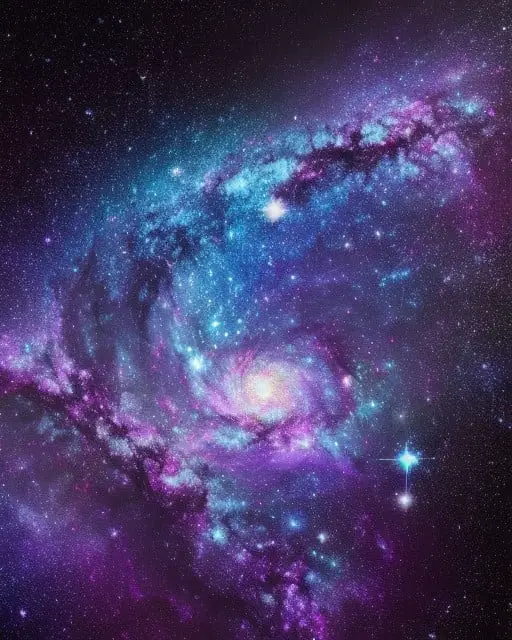The Big Bang Theory is one of the most popular and widely accepted scientific theories of all time. However, it is not without its critics. In recent years, a growing number of scientists have challenged the Big Bang, pointing to new evidence that suggests the theory may not be as accurate as once thought. In this article, we will take a critical look at the Big Bang theory and explore some of the emerging evidence that is challenging it.
Big Bang Theory: A Critical Evaluation
The Big Bang theory proposes that the universe began as a singularity, a point of infinite density and temperature, and that it has been expanding ever since. While this theory has been supported by a great deal of observational and experimental data over the years, it is not without its problems. One of the biggest issues with the theory is the so-called “horizon problem,” which suggests that some regions of the universe are too far apart to have ever been in contact with each other.
Another issue with the theory is the “flatness problem,” which suggests that the universe should have either expanded at a much slower rate or collapsed in on itself shortly after the Big Bang. Additionally, the theory cannot currently account for the observed “dark matter” and “dark energy” that appear to make up the vast majority of the universe. These and other problems have led some scientists to question whether the Big Bang theory is actually an accurate description of the origins of the universe.
The Emergence of New Findings
In recent years, new evidence has been emerging that is challenging the Big Bang theory. One of the most significant findings has been the discovery of cosmic microwave background radiation that appears to be evenly distributed throughout the universe. This contradicts the predictions of the Big Bang theory, which suggests that the radiation should be slightly uneven. Other recent findings include the detection of cosmic voids that would not exist if the Big Bang theory was accurate and an analysis of the velocities of galaxies that suggests they are not moving as predicted by the theory.
Some scientists have proposed alternative theories to explain the origins of the universe. One such theory is the “steady state” theory, which suggests that the universe has always existed and will continue to exist indefinitely. Another theory is the “oscillating universe” theory, which proposes that the universe goes through cycles of expansion and contraction. While these theories have not been widely accepted, they do offer interesting alternatives to the Big Bang theory.
The Big Bang theory has been the dominant theory of the origins of the universe for decades. However, as new evidence continues to emerge, it is clear that the theory is not without its problems. While alternative theories have not yet gained widespread acceptance, they do offer intriguing possibilities for explaining the universe’s beginnings. As scientific research and technology continue to advance, it will be interesting to see how our understanding of the origins of the universe evolves.


